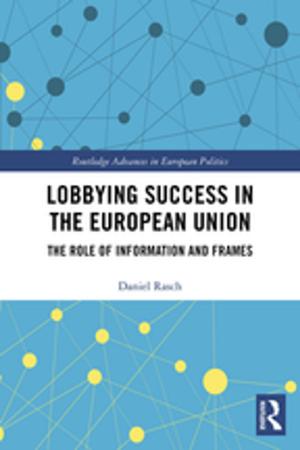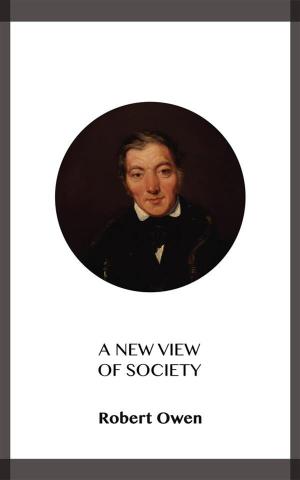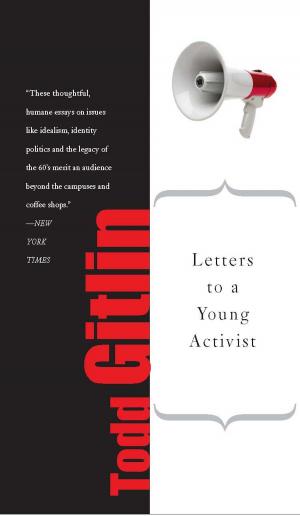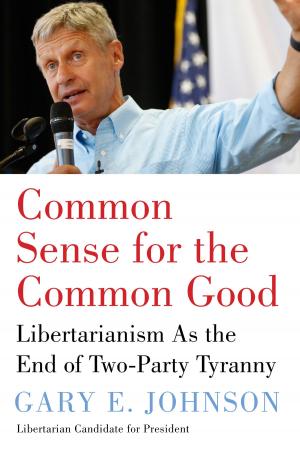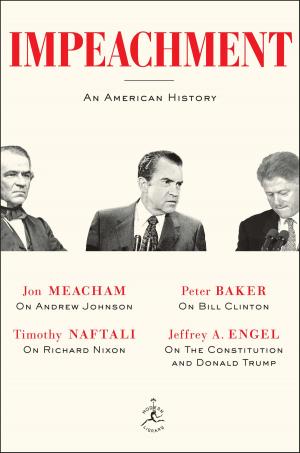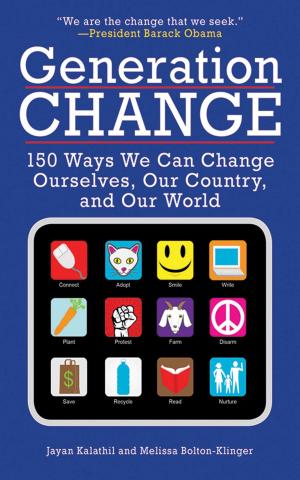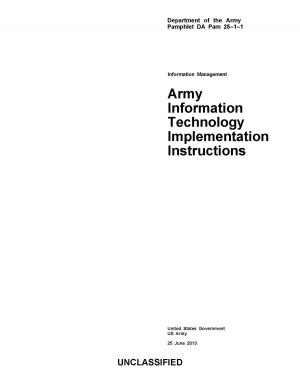The Kavanaugh Battle
The Fight for the Supreme Court and for the Future of the U.S. with speeches by Judge Kavanaugh, Christine Ford and Senator Collins
Nonfiction, Social & Cultural Studies, Political Science, Politics, Practical Politics, Government| Author: | U.S. Senate Committee on the Judiciary, Rachel Mitchell, Brett Kavanaugh, Christine Blasey Ford, Susan Collins | ISBN: | 9781945934445 |
| Publisher: | Cosimo, Inc. | Publication: | April 23, 2019 |
| Imprint: | Cosimo, Inc. | Language: | English |
| Author: | U.S. Senate Committee on the Judiciary, Rachel Mitchell, Brett Kavanaugh, Christine Blasey Ford, Susan Collins |
| ISBN: | 9781945934445 |
| Publisher: | Cosimo, Inc. |
| Publication: | April 23, 2019 |
| Imprint: | Cosimo, Inc. |
| Language: | English |
“For the Democratic Party, the Kavanaugh battle was the Little Bighorn, as seen from General Custer’s point of view.” –Pat Buchanan, political commentator, Oct. 2018 One of the most bitter confirmation debates in U.S history has recently ended, when Justice Kavanaugh was sworn in as Justice of the Supreme Court on October 8, 2018. While the U.S. is in the midst of the most contentious period in U.S. history since the Civil War, this was another battle in the fight for the Supreme Court and for the future of the U.S. In The Kavanaugh Battle you will find a collection of the crucial speeches made during the nomination process: - the remarks by Judge Kavanaugh to the Senate Judiciary Committee; - the statement by Christine Blasey Ford accusing Kavanaugh of sexual assault in their high school years - Judge Kavanaugh’s rebuttal - Republican Senator Susan Collins’ speech in the Senate announcing her decisive vote in favor of Judge Kavanaugh’s nomination and also - the findings of Rachel Mitchell, the sex crimes prosecutor hired by the Republican majority in the Senate Judiciary Committee Christine Ford declared she was “100%” certain that Kavanaugh assaulted her. Kavanaugh stated “…I swear today under oath before the Senate and the nation before my family and God, I am innocent of this charge.” Who to believe and what to believe? Rachel Mitchell, the sex crimes prosecutor concluded: “I do not think that a reasonable prosecutor would bring this case based on the evidence before the Committee.” In the end, Senator Susan Collins of Maine, laid out in her historical speech for the Senate the legal, political and historical reasons why she voted for this nomination: “I cannot abandon certain fundamental legal principles—about due process, the presumption of innocence, and fairness…” The result was a historic victory for the Republicans: they now have a reliable conservative majority on the Supreme Court for the first time since the New Deal. But the skirmishes in U.S. politics and society are not over yet. Time will tell what the real significance of the Kavanaugh battle will be. Students of U.S. politics and American history, academics, journalists, and anyone interested in current affairs, will find this collection of speeches fascinating reading.
“For the Democratic Party, the Kavanaugh battle was the Little Bighorn, as seen from General Custer’s point of view.” –Pat Buchanan, political commentator, Oct. 2018 One of the most bitter confirmation debates in U.S history has recently ended, when Justice Kavanaugh was sworn in as Justice of the Supreme Court on October 8, 2018. While the U.S. is in the midst of the most contentious period in U.S. history since the Civil War, this was another battle in the fight for the Supreme Court and for the future of the U.S. In The Kavanaugh Battle you will find a collection of the crucial speeches made during the nomination process: - the remarks by Judge Kavanaugh to the Senate Judiciary Committee; - the statement by Christine Blasey Ford accusing Kavanaugh of sexual assault in their high school years - Judge Kavanaugh’s rebuttal - Republican Senator Susan Collins’ speech in the Senate announcing her decisive vote in favor of Judge Kavanaugh’s nomination and also - the findings of Rachel Mitchell, the sex crimes prosecutor hired by the Republican majority in the Senate Judiciary Committee Christine Ford declared she was “100%” certain that Kavanaugh assaulted her. Kavanaugh stated “…I swear today under oath before the Senate and the nation before my family and God, I am innocent of this charge.” Who to believe and what to believe? Rachel Mitchell, the sex crimes prosecutor concluded: “I do not think that a reasonable prosecutor would bring this case based on the evidence before the Committee.” In the end, Senator Susan Collins of Maine, laid out in her historical speech for the Senate the legal, political and historical reasons why she voted for this nomination: “I cannot abandon certain fundamental legal principles—about due process, the presumption of innocence, and fairness…” The result was a historic victory for the Republicans: they now have a reliable conservative majority on the Supreme Court for the first time since the New Deal. But the skirmishes in U.S. politics and society are not over yet. Time will tell what the real significance of the Kavanaugh battle will be. Students of U.S. politics and American history, academics, journalists, and anyone interested in current affairs, will find this collection of speeches fascinating reading.





